 Mike Miller of Honolulu brought this interesting question to our attention: "Is a full Ironman Triathlon easier or harder than any of the major marathon swims around the world?"
Mike Miller of Honolulu brought this interesting question to our attention: "Is a full Ironman Triathlon easier or harder than any of the major marathon swims around the world?"To answer this question, we did a bit of research on the number of people who have completed an Ironman and a marathon swim throughout recorded history.
The Ironman Triathlon was initiated over a discussion about who is more fit: swimmers (based on the Waikiki Roughwater Swim), cyclists (based on the Around-Oahu Bike Race) or runners (based on the Honolulu Marathon), but it did not answer which one of the three sports is more difficult.
One way to compare the difficulty of the sports is to look at the number of people who complete such a challenge. A vast majority of athletes complete a full Hawaiian Ironman somewhere between 8 to 15 hours. This puts a full Ironman, an extraordinarily difficult and challenging physical and mental endeavor, in roughly the same time range as a typical channel crossing or marathon swim, whether it is the English Channel between England and France, the Catalina Channel in Southern California, the Cook Strait between the North and South Islands of New Zealand, the Irish Channel between Ireland and Scotland, the Molokai Channel in Hawaii, the Strait of Gibraltar between Spain and Morocco or the Manhattan Island Marathon Swim around New York city.
According to the information on the Ironman website, over 50,000 triathletes every year compete in one of the 24 official Ironman (2.4 miles or 3.86K swimming + 112 miles or 180K biking + 26 miles or 42K running) events around the world. A typical event is the Ironman Coeur d'Alene in the state of Idaho that attracts 2,200 athletes annually to its scenic course.
However, when we compare the relatively short history of triathlons with the nearly140-year history of marathon swimming, we find an interesting difference: many, many more athletes have successfully completed an Ironman than have completed a marathon swim. What does this mean? Does this different imply anything about the relative difficulty of doing an Ironman vs. doing a marathon swim?
Perhaps. Perhaps not.
Compare the over 50,000 Ironman triathletes every year with the 74 successful channel crossings in the Cook Strait in New Zealand since 1962, the 14 crossings in the Molokai Channel in Hawaii since 1961, the 215 crossings of the Catalina Channel in Southern California since 1927, the 247 one-way crossings and 9 two- or three-way crossings (with and without wetsuits) of the Strait of Gibraltar between Spain and Morocco since 1928, the 13 crossings of the Irish Channel between Ireland and Scotland since 1947, the 1,502 crossings of the English Channel between England and France since 1875 and the 664 circumnavigations of Manhattan Island in New York City since 1915.
That is, in the entire recorded history of marathon swimming, there have been only 2,412 people who have completed one of these world-famous marathon swims. Therefore, on the face of this data, it appears that marathon swimming presents a greater challenge than an Ironman.
But is marathon swimming harder?
We have our opinions and would appreciate hearing from both sides of the aisle: triathletes and open water swimmers.
Photos shows Shelley Clark, an accomplished professional marathon swimmer, finishing the Traversée Internationale du lac St-Jean.
English Channel database information courtesy of Julian Critchlow.
Copyright © 2009 by World Open Water Swimming Association


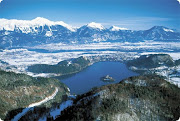
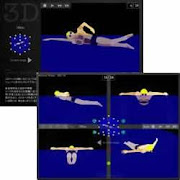
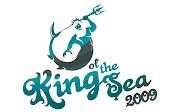





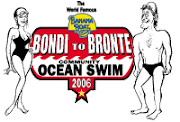


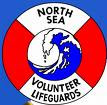
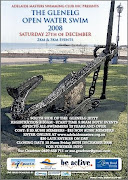





2 comments:
I've not done a full Ironman, or a world famous marathon swim. But I would suggest that triathlons are more popular worldwide, than marathon swimming. Just like football in high school gets more fans to come to the games, than high school swim meets.
Ironman gets alot of attention, but marathon swimming doesn't so much. Because of that, its likely more people are triathlon training and looking for Ironman as a goal.
Excellent point. Thank you very much for sharing.
Post a Comment